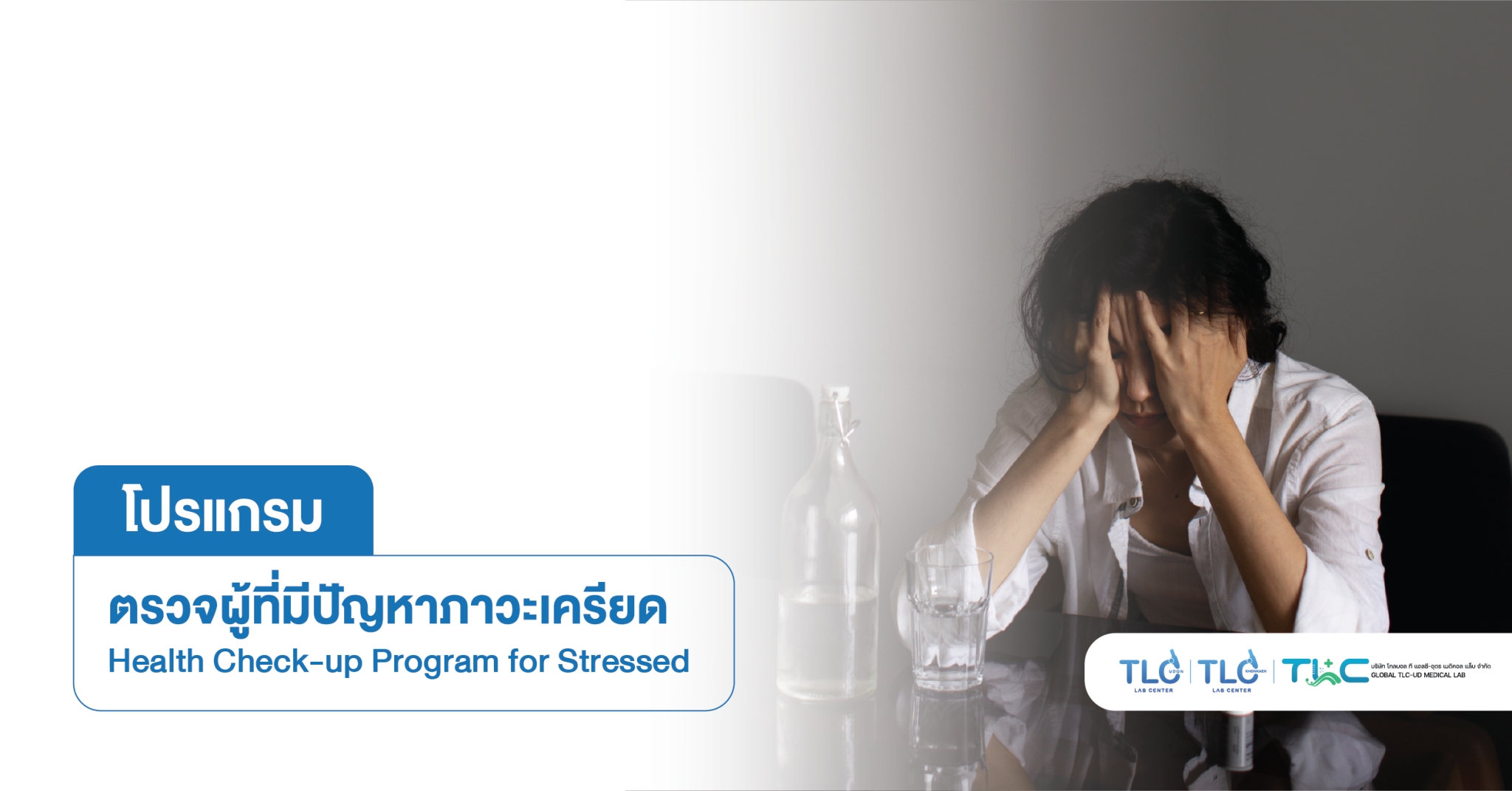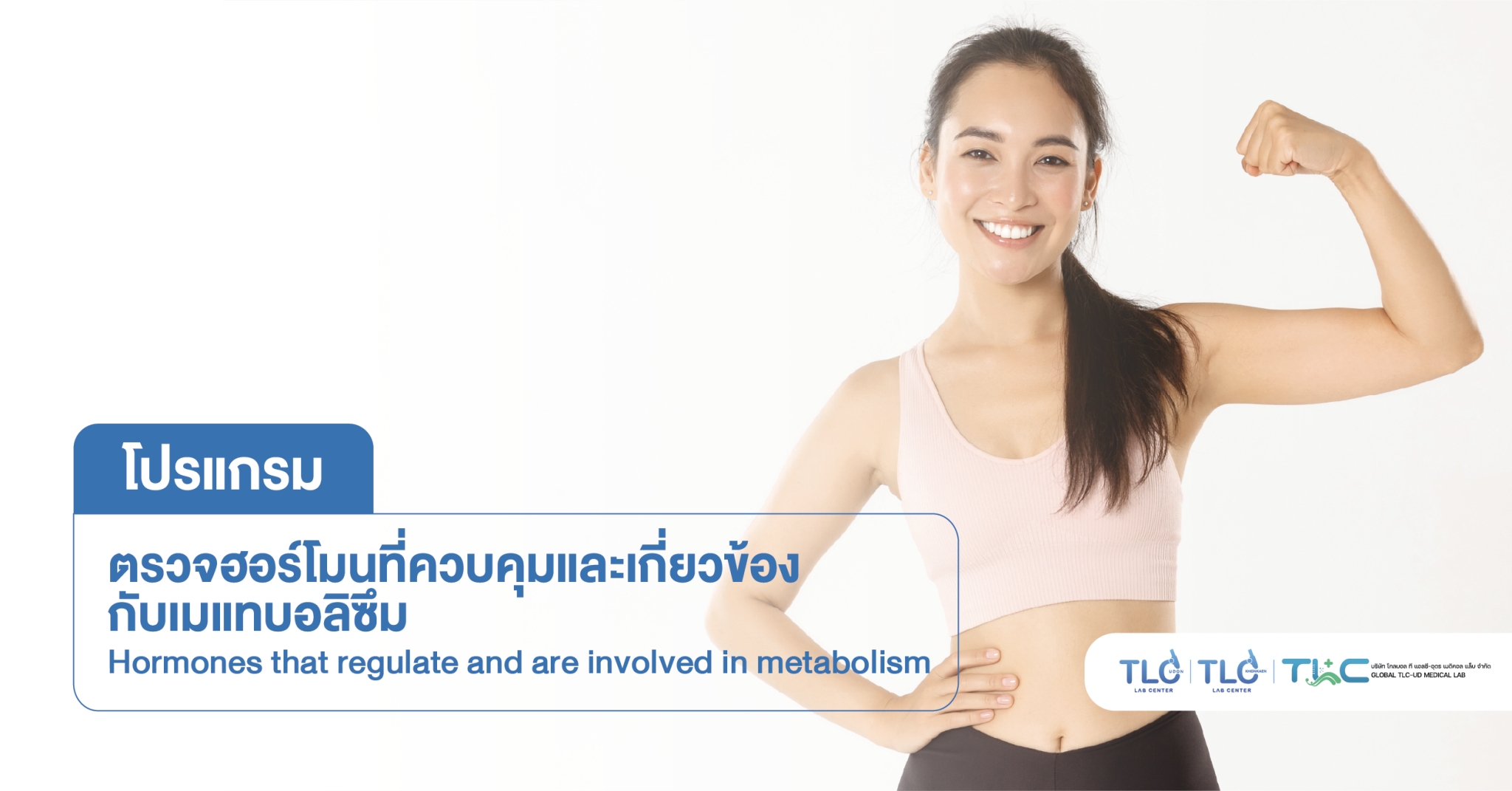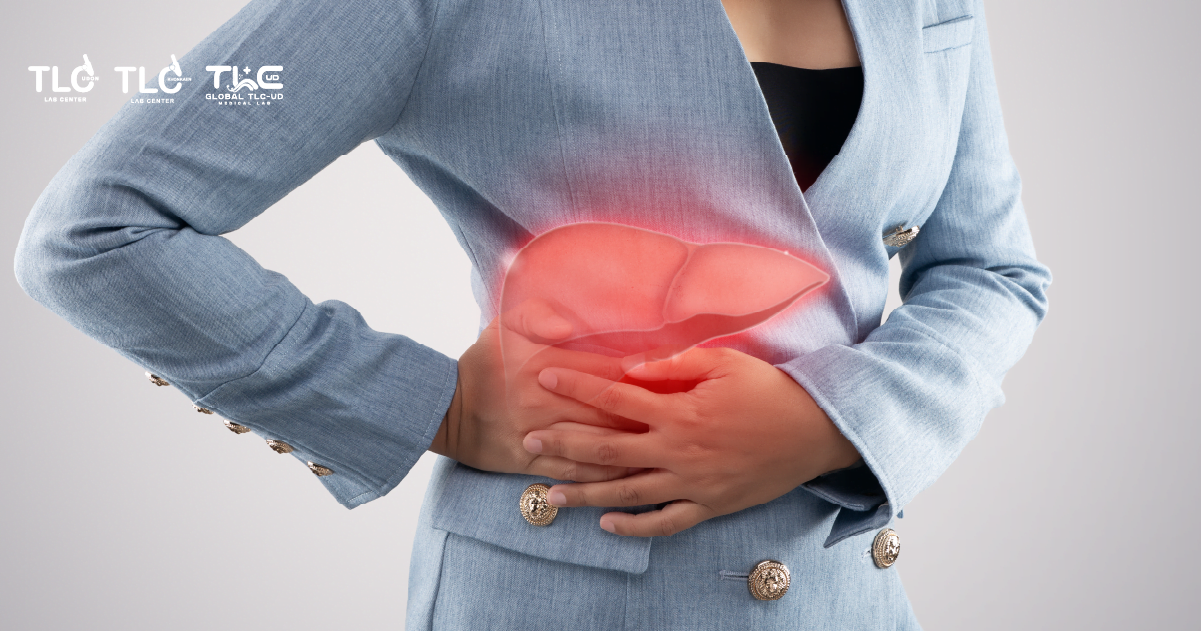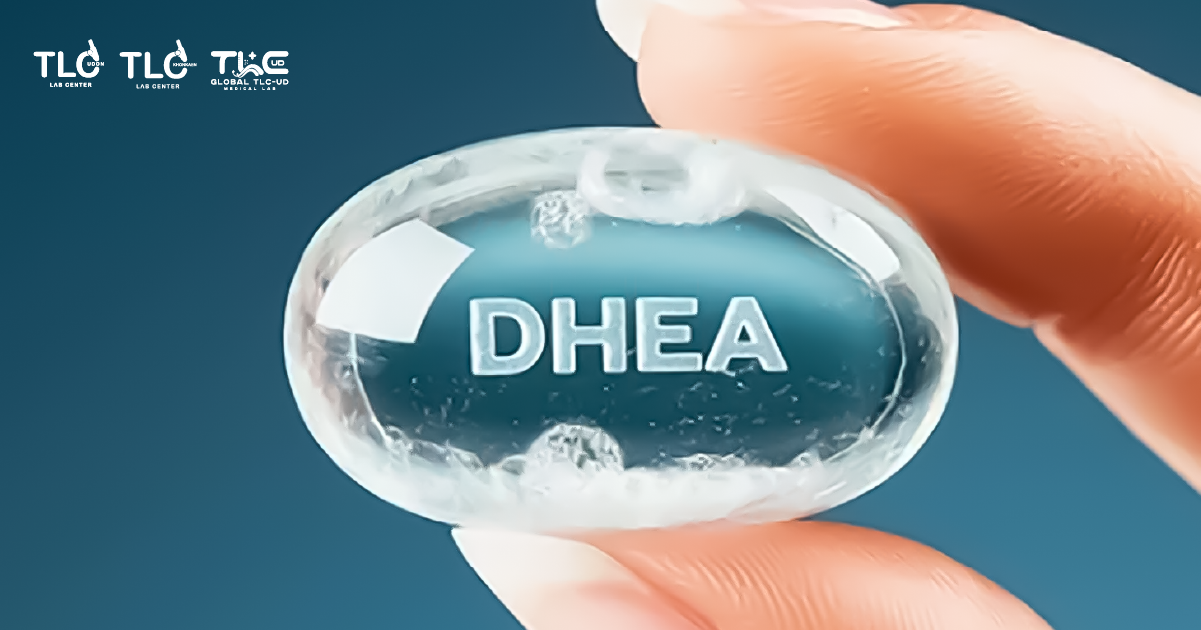Why does meditation promote good health?
Meditation promotes good health because it can help the body release beneficial chemicals, leading to improvements in emotions, learning, movement, stress, sleep, relationships, and overall well-being.
Some of these chemicals include:
- Dopamine : Controls emotions, learning, and movement.
- Serotonin : Regulates mood, anxiety, and sleep.
- Oxytocin : Governs bonding, love, and empathy.
- GABA (Gamma-Aminobutyric Acid) : Controls anxiety and sleep.
Understanding the importance of these chemicals is crucial for maintaining good health.
Dopamine: What is it, and why does it enhance quality of life?
Dopamine is a neurotransmitter that plays a vital role in neurophysiology and psychology. It is released in abundance when we achieve goals or experience something pleasurable.
Dopamine has several functions and benefits, including:
- Emotion control
- Movement coordination
- Perception
- Hormone regulation
- Stress response
- Cardiovascular function
- Creativity
- Happiness and pleasure
- Learning and memory

To increase dopamine levels, you can:
- Consume nutritionally balanced meals rich in protein, tyrosine, and tryptophan.
- Engage in regular exercise like running, swimming, or cycling.
- Ensure adequate and quality sleep.
- Practice stress-relief techniques such as meditation or deep breathing.
- Build relationships with friends and loved ones.
- Explore new activities and experiences.
- Pursue hobbies and activities you enjoy.
- Limit caffeine and alcohol consumption.
Symptoms of Dopamine deficiency include:
- Low motivation and lethargy
- Feeling indifferent and inactive
- Difficulty focusing and blurred thinking
- Loss of interest in previously enjoyed activities
- Sudden and severe mood swings
In summary, maintaining balanced dopamine levels is crucial for mental and physical well-being.

Serotonin: The Chemical of Happiness and Sadness
Serotonin, also known as 5-hydroxytryptamine (5-HT), is a neurotransmitter associated with happiness and is crucial for various bodily functions. It is involved in regulating mood, emotions, pain perception, hunger, satiety, sleep, sexual arousal, and a sense of well-being.
Serotonin is primarily produced in the intestines, with a small percentage generated in the brain, liver, and kidneys. An imbalance in serotonin levels can affect emotional and mental health.
To support serotonin production :
- Consume foods rich in tryptophan, such as turkey, eggs, nuts, and seeds.
- Maintain a well-balanced diet with complex carbohydrates.
- Exposure to sunlight can boost serotonin levels.
- Regular exercise promotes serotonin release.
- Adequate sleep is essential for serotonin production.
Understanding the role of serotonin in various bodily functions emphasizes the importance of maintaining a healthy balance for overall well-being.
If serotonin levels are balanced, it has the following positive effects:
- Good mental health
- Positive mood
- Quality sleep
- Improved concentration and decision-making
- Enhanced learning and memory
On the contrary, if hormone levels are too low, it may lead to:
- Irritability
- Difficulty sleeping
- Lack of concentration
- Impaired decision-making and memory
- Headaches or migraines
- Possible development of depression and anxiety
- Attention deficit disorders

To increase serotonin levels :
- Consume Adequate Protein: Include sources like lean meats, eggs, pineapple, salmon, cheese, and legumes in your daily diet.
- Limit Saturated Fats: Reduce the intake of foods high in saturated fats.
- Include Prebiotics and Probiotics: Consume foods that support gut health.
- Meditation: Practice meditation for a calm mind.
- Diverse Exercise: Engage in regular and diverse physical activities.
- Quality Sleep: Ensure deep and quality sleep, especially between 10:00 PM and 1:30 AM.
Oxytocin - The Hormone of Love
Oxytocin is a hormone produced by the hypothalamus or the pituitary gland, mainly during childbirth. It plays a crucial role in bonding, creating a connection between a mother and her child. It also influences breastfeeding by stimulating milk production. Additionally, oxytocin is released during physical touch and sexual activity, fostering trust and a sense of security.

GABA - Does it contribute to better sleep?
GABA, or Gamma-Aminobutyric Acid, is a neurotransmitter that inhibits nerve signals, promoting relaxation. It helps calm the brain, reducing anxiety and allowing muscles to relax, making it easier to enter a state of sleep
Benefits of GABA include:
- Anxiety relief
- Improved sleep quality
- Reduction in depressive symptoms
- Alleviation of PMS symptoms
- Anti-inflammatory effects
- Enhanced focus in children with attention deficit disorders
- Increased growth hormone levels
In summary, maintaining balanced levels of serotonin, oxytocin, and GABA is essential for overall mental and physical well-being.


















